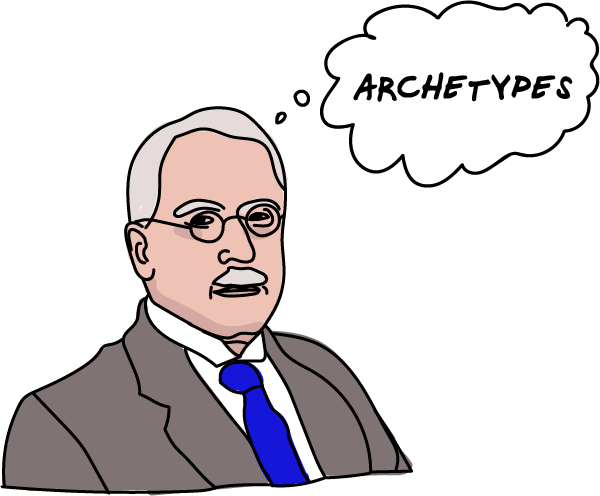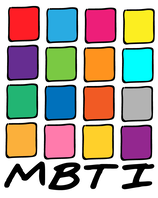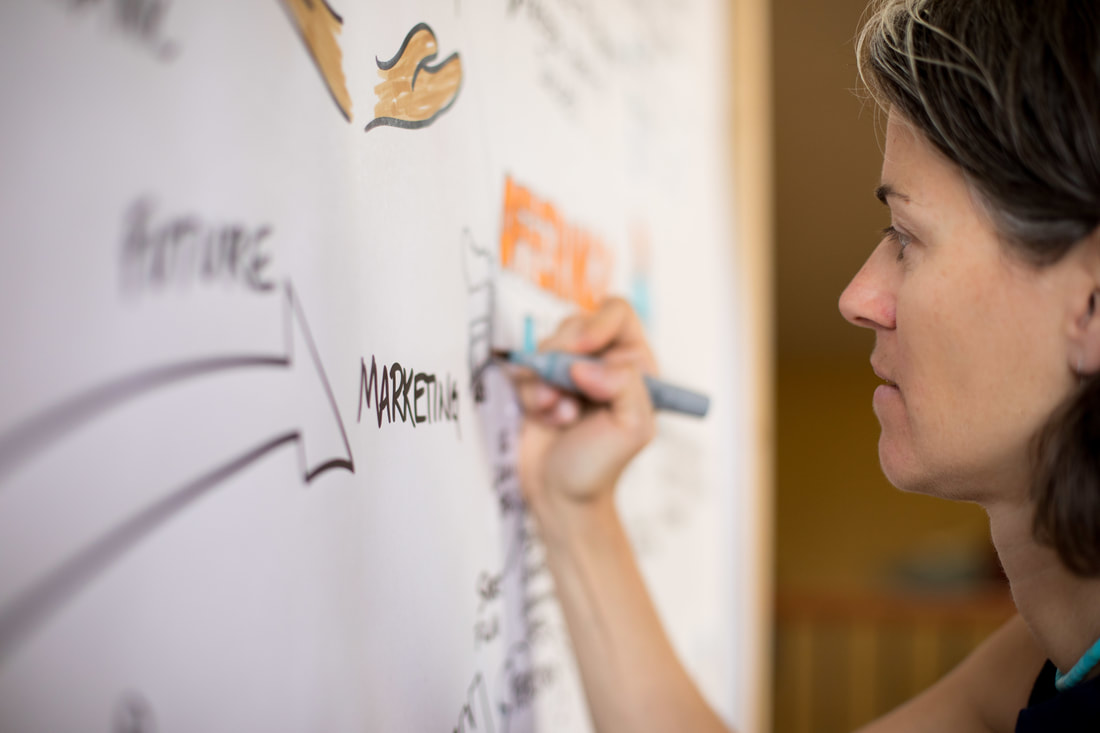Does it help to know your type? The notion of personality preferences is not controversial - we all have our likes and dislikes - but the notion that we fit into a "type" or a "style" is controversial because it suggests that once I know your type, I can make predictions about you. It means that I can suggest what kind of world where you should live, work, and love in order to optimize your happiness and productivity (1). People also resist personality typing because it means that they should fit into a box drawn by a dead white guy. (It's worth noting that MBTI was created by a mother-daughter team and they had no training in psychology Academics hate it for that reason too!) Nonetheless, tests of styles, and types are very, very popular - especially in business, education, and fashion magazines. There are tests for management styles, learning styles, attachment styles, productivity styles, conflict styles, leadership types, and so many more. The idea that once you know your type or style, you can tailor your life to match it is big business!
References & Resources
0 Comments
Your comment will be posted after it is approved.
Leave a Reply. |
Details
Categories
All
Angie B. Moline
Dr. Moline is an ecologist and visual process facilitator who draws pictures to help clients think. She is currently on a quest to understand why live drawings are so compelling and how to make them as sticky as possible in order to improve communication, understanding, and memory. Follow here journey here! |
strategy
innovation
Communication
Clients & Case Studies
philanthropy
ABOUT US
|



 RSS Feed
RSS Feed




